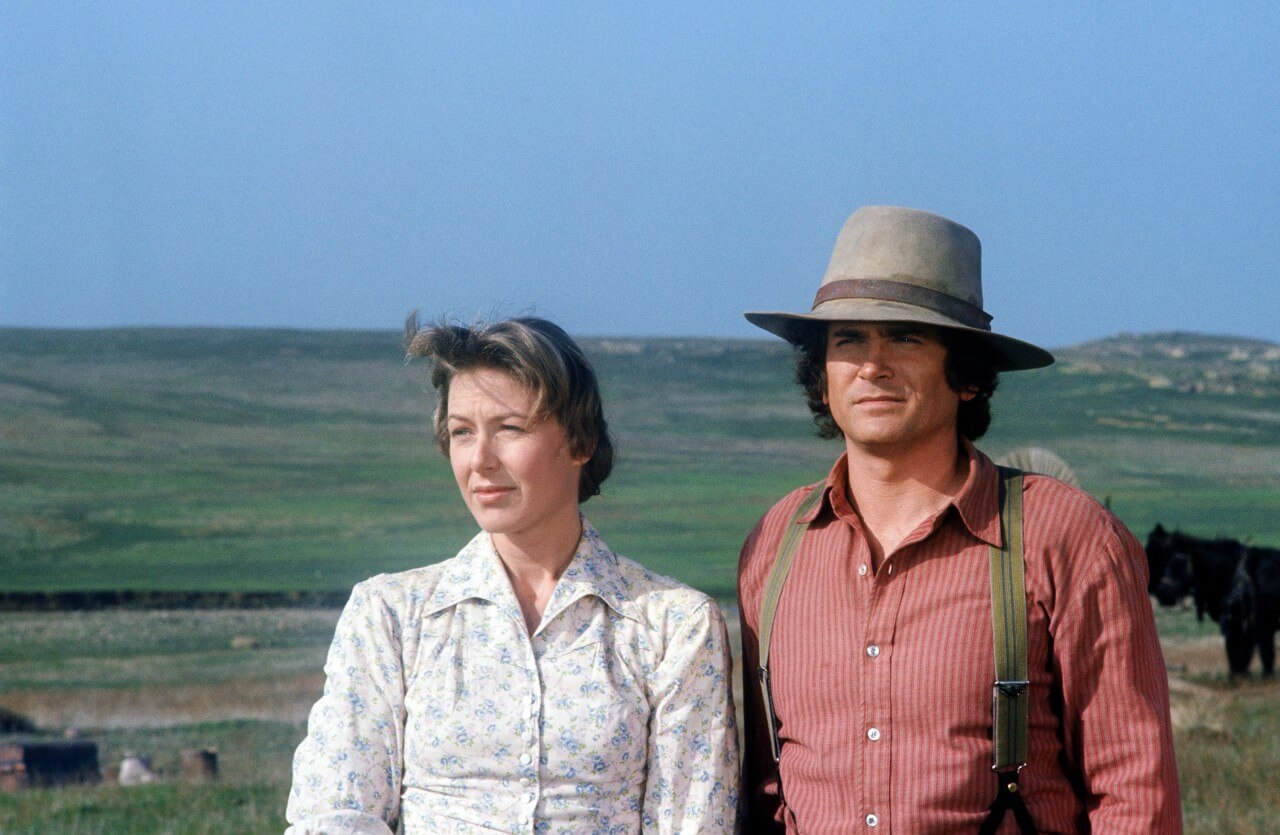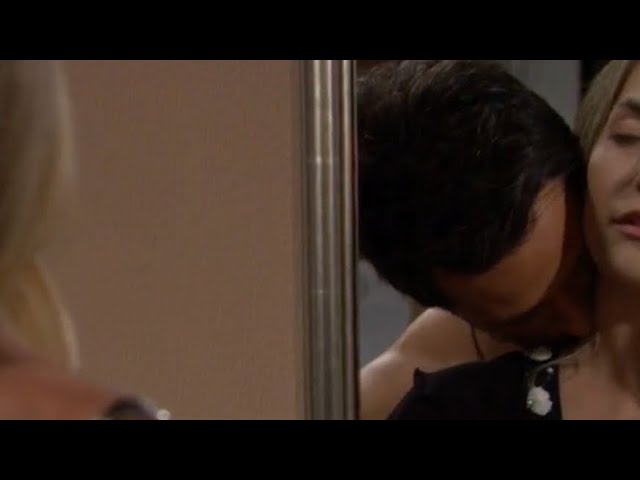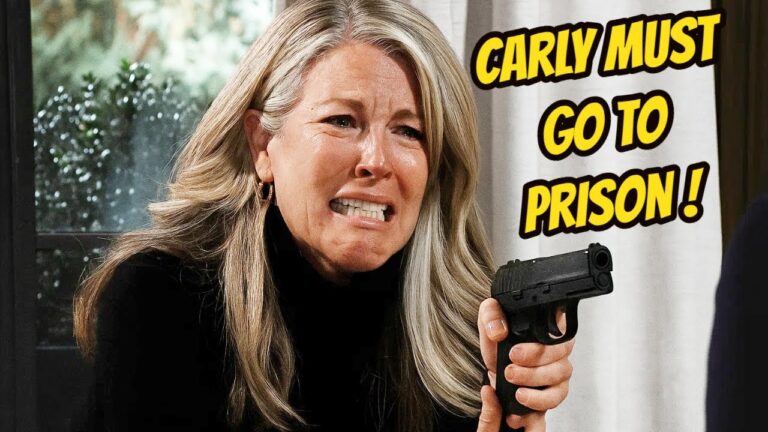In a revelation that has stunned generations of Little House on the Prairie fans, Karen Grassle, beloved for her portrayal of the gentle and steadfast Caroline Ingalls, has finally lifted the curtain on the painful truth behind one of television’s most cherished shows. At 82, Grassle’s memoir, Bright Lights, Prairie Dust, exposes the emotional toll of working under Michael Landon, the show’s charismatic yet domineering star, creator, and executive producer — a man whose off-screen behavior was far more complicated than the wholesome father figure he played.

For nearly half a century, Little House on the Prairie symbolized family, faith, and resilience. Yet, as Grassle now reveals, her experience behind the scenes was marked by humiliation, inequality, and emotional manipulation. “Michael could be brilliant and kind,” she writes, “but he could also be cruel.”
At the height of the show’s success, Grassle — who had helped bring emotional depth and dignity to Caroline Ingalls — asked for a modest raise. What followed, she says, was not a negotiation but retribution. Landon, who held total creative control, allegedly retaliated by minimizing her character’s screen time and rewriting scenes that once showcased her strength. “I went from being the heart of the family to a background presence,” Grassle recalls. “It was his way of reminding me who was in charge.”
Beyond professional disputes, Grassle describes an atmosphere where Landon’s “locker room humor” often turned vulgar and degrading, leaving her deeply uncomfortable. “He’d make crude jokes about women, about me — right there on set,” she writes. “Everyone laughed because they had to. I smiled because I didn’t know what else to do.”

Still, she carried on — embodying the grace and composure her character was known for, even as she endured moments of private despair. Speaking out then, she says, could have ended her career. “Women weren’t allowed to challenge powerful men in Hollywood,” she explains. “You’d be labeled ‘difficult,’ and the phone would stop ringing.”
Yet Grassle’s story is not one of bitterness but of reclamation and forgiveness. Decades after the show ended, she made peace with her past — even reaching out to Landon shortly before his death from pancreatic cancer in 1991. “I wrote him a letter,” she revealed. “I told him I forgave him — not because what he did was right, but because I needed to let go.”
The publication of her memoir has reignited debate among fans and industry insiders alike, forcing many to grapple with the contradiction between Landon’s saintly image and Grassle’s painful truth. For some, it has shattered the nostalgic illusion of Little House; for others, it has humanized the legend behind it.
But for Karen Grassle, the decision to speak out after decades of silence is about more than setting the record straight — it’s about healing and accountability. “I stayed quiet for so long because I thought it was my burden to bear,” she writes. “Now I know that by telling the truth, I’m freeing myself — and maybe helping someone else do the same.”
Her courage has struck a chord across Hollywood, echoing the ongoing reckoning with power and gender that continues to reshape the industry. Fans who once saw “Ma Ingalls” as the moral backbone of the frontier family are now seeing the same strength reflected in Grassle herself — a woman who endured injustice with grace and, in her own time, chose truth over silence.
As she steps into her twilight years, Karen Grassle’s legacy extends far beyond Walnut Grove. Her story is no longer confined to the prairie — it is a timeless reminder that even in the face of oppression, the quietest voices can still roar with the greatest power.
https://youtu.be/Ys5hHTFpJdQ






